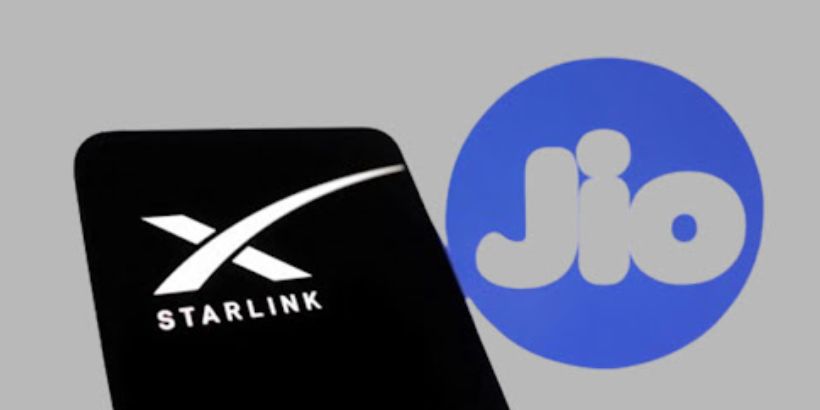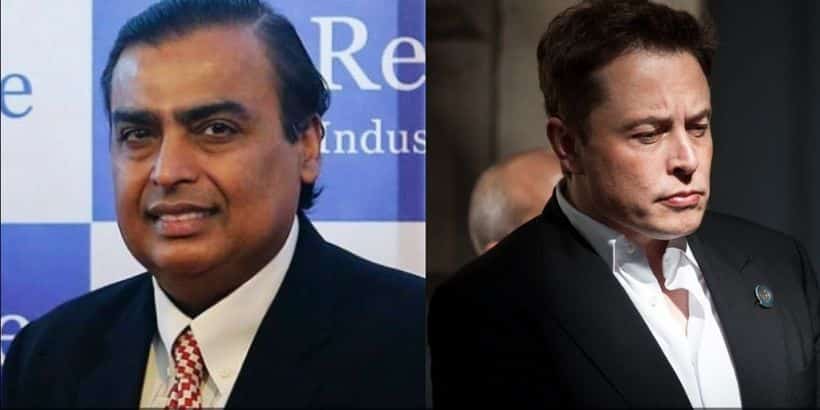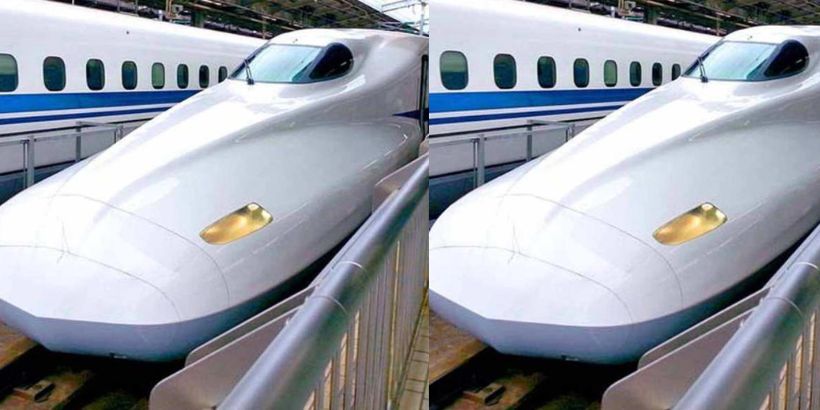There is going to be a big change in the world of satellite internet in India. A dispute has started between two big industrialists over this change. One of the richest people in the world, Elon Musk, whose company Starlink is preparing to launch satellite internet services in India. On the other hand, India’s richest man, Mukesh Ambani, whose company Reliance Jio is also planning to enter this sector.
The dispute over satellite spectrum allocation has come to the fore between the two. Auctioning satellite broadband spectrum in India would be an “unprecedented” move, Musk said. Ambani’s company, Reliance Industries, has lobbied for its auction. The dispute is over whether spectrum should be auctioned or allocated administratively. Both sides are presenting their interpretations of international and Indian rules. Musk opposed India’s possible move in a post on his social media platform X. He said this spectrum has long been designated as shared spectrum for satellites by the International Telecommunication Union (ITU). Musk argues that it should be allocated “rationally, efficiently, and economically.”

Other global companies, such as Starlink and Amazon’s Project Kuiper, are advocating for administrative allocations. It is a system where spectrum is allocated without auction. He says that this method is in line with international best practices and will help in the rapid development of satellite internet services in India. On the other hand, according to reports, Reliance sent a confidential letter to the Telecom Regulatory Authority of India (TRAI) on October 10. In the letter, the company has challenged the regulator’s stand and sought a fresh initiation of the consultation process. Reliance claims that TRAI has “pre-interpreted” Indian laws to favor administrative allocations without fully consulting the industry.
Economic Impact and Future Prospects TRAI is currently conducting a public consultation on this issue. Given the huge potential of India’s satellite broadband market, there is a lot at stake in this dispute. Deloitte has projected that the sector will grow at 36 percent annually and reach about USD 1.9 billion by 2030. This dispute is more than just a corporate rivalry. This raises broader questions about how limited natural resources such as spectrum should be managed. This is especially relevant as more and more international companies are entering the domestic markets.
India is a member of ITU
India is a member of the ITU and is bound by its treaty, which advocates spectrum allocation that promotes efficiency and economic fairness. The outcome of this dispute will not only impact India’s digital future, but it can also set an example for other developing countries. As this debate progresses, it will be interesting to see how the Indian government and regulators handle this complex issue. Will they go the auction route or opt for administrative allocation? This decision will not only impact the telecom industry but also impact the availability and pricing of satellite internet for common consumers.
Read Also:- Apple launched the new iPad Mini with the A17 Pro chipset: Know its price and features
Finally, this controversy is a turning point in India’s digital landscape. Whatever the outcome, the future of satellite internet in India is certainly going to be exciting. It remains to be seen whether Musk’s vision of technological innovation or Ambani’s understanding of the local market will prevail in this battle.
Latest News Supreme News Network
#MuskVsAmbani #InternetRevolution #DigitalIndia #SpaceXIndia #JioSatellite #TechWar #BroadbandBattle





